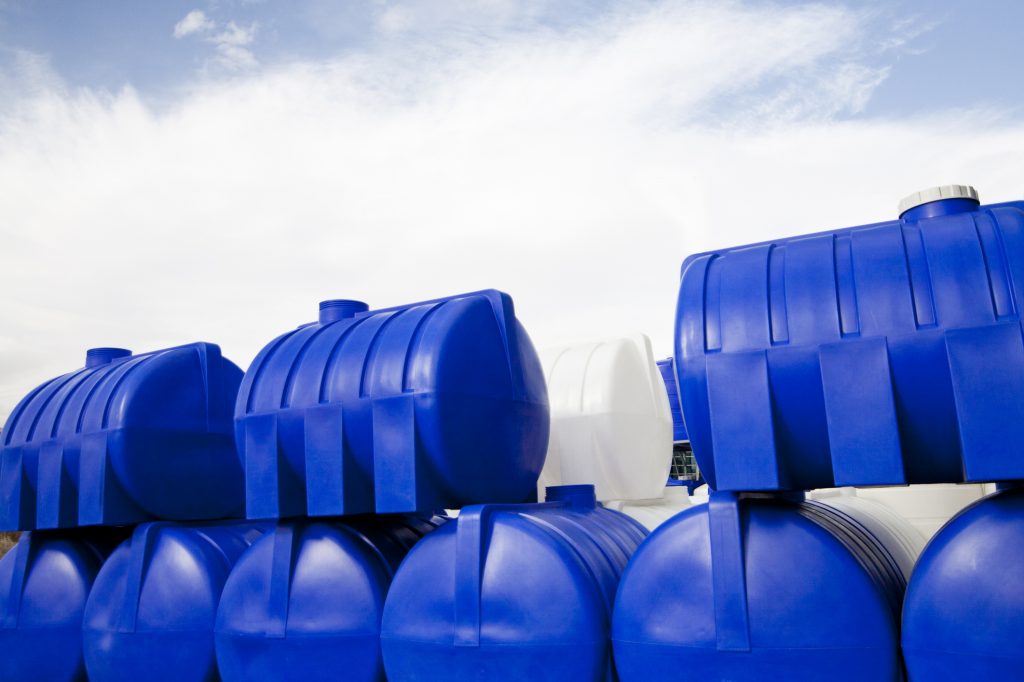Plastics production scheduling
Project dates: 01/03/2018 - Ongoing
Rotational moulding (Rotomoulding) is a production process used to create hollow plastics, ranging from tanks to more complex medical products, leisure crafts and toys. The market for roto-moulded plastics is predicted to experience strong growth over the coming decade. The compound annual growth rate for rotomoulding powder, the primary material used in production, was estimated to be close to 17% between 2017 and 2024. This is predicted to drive the total market for rotomoulding powder to approximately US$31.504 billion, with the market for rotomoulded products expected to be valued well beyond that. Efficient production processes are required to ensure the considerable economic potential of this industry is fully realised. Improving production scheduling processes can improve factory efficiency by reducing total run-times and ensuring the on-time completion of orders. Through its PhD program, QUT is developing Mathematical models to compute optimal production schedules. The developed models and algorithms will be integrated into the ERP system of our industry partner Global Rotomoulding, for daily scheduling of their operations. This is currently laborious manual task that occupies several people for up to 4 hours every week. Automating the scheduling process will free up human resources to focus on more creative and value adding tasks.
Funding / Grants
- PhD Scholarship Top-up - Global Rotomoulding
Chief Investigators
Team
Other Team Members
Partners
